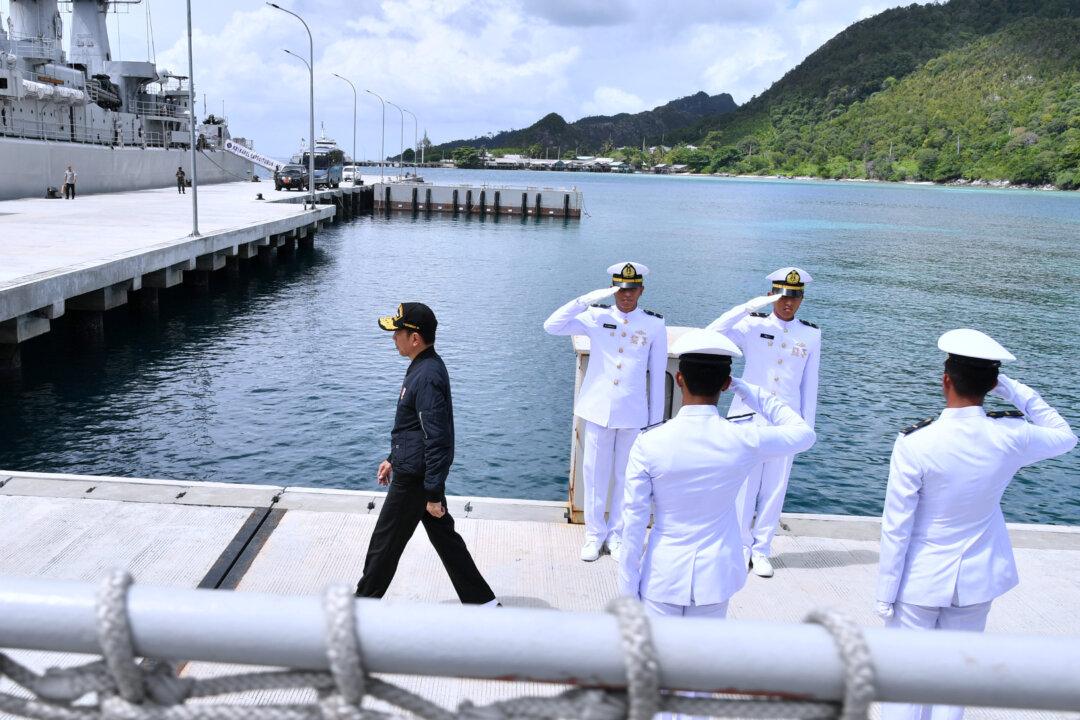Commentary
Indonesia is facing possibly its most difficult year as it attempts to balance vital relationships with two implacable rivals, China and the United States.

Indonesia is facing possibly its most difficult year as it attempts to balance vital relationships with two implacable rivals, China and the United States.